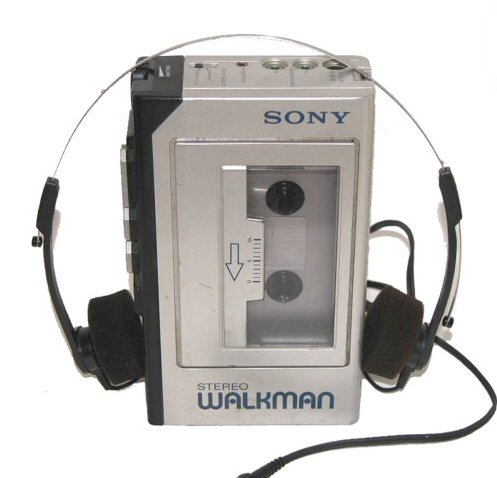The Sounds that Books Make
Claire Fuqua Anderson
Feb 22, 2013
I used to think audiobooks were for little old ladies who were losing their vision. (Little old ladies, bless you! You are the readers of America.) I could understand the arguments for long commutes and multitasking, and I'd even consider myself partial to oral storytelling, still remember listening as a kid to Charlotte's Web and The Hobbit. I like going to public readings. There's no particular reason I didn't take to audiobooks earlier, but I didn't. And then I got a smartphone. I don't need to convince you of the self-satisfaction that doing more than one thing at the same time can bring. Nor need I extol the virtues of today's technology, convenience, fingertips, blah blah blah. I can't bring myself to say outright that my phone has changed my life, and instead prefer to think it's books that have changed my life. Again. As they always have. When I remember to let them. Around the same time I sold out for a touchscreen, I enrolled in a literature course on the nineteenth-century American novel. Turns out, any book first published in the US before 1923 is in the public domain. Which is to say, um, free. And those novels are big, bro, and I needed to cram reading into the cracks of my day whenever I could. Ten minutes at a time. Making lunch. Walking the dog. Stealth reading. On a professor's recommendation, I looked up LibriVox, a not-for-profit online database of audiobooks in the public domain all read by volunteers. Anyone can read a chapter or more of a book, record it from his/her shabby apartment in Long Island or Dublin or Shanghai, in any language, without training, and post it online. The result is a global grassroots literary/performing arts piece/huge auditory library. Now, let me stop a second and say I think there are reasons--really good reasons--to buy books, to shop at independent bookstores, to listen to the professionally read and recorded audiobooks made by publishing companies. But there are reasons, also, to listen to a book being read by someone who just wants to read it. Stuart Mills, who reads Moby-Dick on LibriVox, I picture living in Seattle, wearing a burgundy turtleneck and sitting on a leather sofa. I don't know why, but I do. |

Comments (0)
Add a Comment